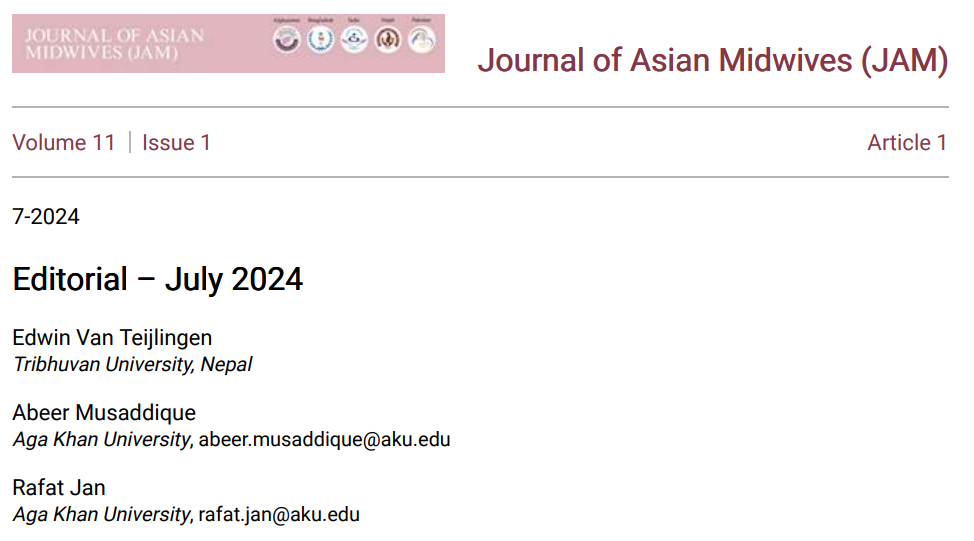 The latest issue of the Journal of Asian Midwives was published last week. In the accompanying editorial we focused on the environment and sustainability in midwifery and maternity care.
The latest issue of the Journal of Asian Midwives was published last week. In the accompanying editorial we focused on the environment and sustainability in midwifery and maternity care.
Climate disasters appear to be on the rise worldwide, owing mostly to global warming, but also to urbanization and other human factors. Some Asian countries are among the world’s most climate-vulnerable, such as Nepal ranking 139th out of 182 in terms of exposure, sensitivity, and ability to adapt to the negative effects of climate change. Nepal, well-known for its mountains, the Himalayans, and especially, Mount Everest, is grappling with not solely earthquakes, but also floods, landslides, wildfires, and droughts. In the past decades we have also seen major natural disasters in many other South Asian countries, such as cyclones in Bangladesh, earthquakes and flooding in Pakistan, tsunami and drought in India, and so on.
Marginalized populations, suffer already from poverty, food insecurity, and discrimination, and agriculture-based livelihoods, are especially susceptible to environmental effects. These calamities frequently adversely impact low-income populations. We must not forget that when a disaster strikes, regardless of climate change, the impacted areas will require emergency rescue teams, temporary shelters, food and medication, and other necessities, as well as infrastructure support to keep non-emergency services functional. Remember that even after an earthquake, flood, or volcano eruption, there will still be a mother going into labour!
The Journal of Asian Midwives is Open Access and hence freely available to everybody with internet access in Asia (and elsewhere in the world).
Prof. Edwin van Teijlingen
Joint editor Journal of Asian Midwives

Reference:
- van Teijlingen, E., Musaddique, A, & Jan, R. (2024) Editorial – July 2024. Journal of Asian Midwives, 11(1): 1–2.
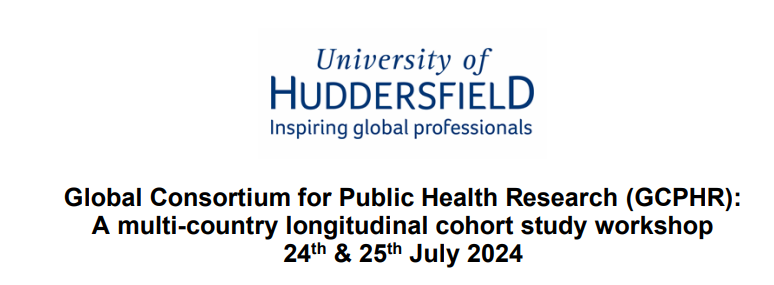 Today and yesterday (24-25 July) the Global Consortium for Public Health Research (GCPHR) met at the University of Huddersfield in a workshop to plan the multi-country (India, Nepal & Ghana) longitudinal cohort study. The workshop was attended by 15 people including Dr. Pramod Regmi and Prof. Edwin van Teijlingen from Bournemouth University’s Faculty of Health & Social Sciences.
Today and yesterday (24-25 July) the Global Consortium for Public Health Research (GCPHR) met at the University of Huddersfield in a workshop to plan the multi-country (India, Nepal & Ghana) longitudinal cohort study. The workshop was attended by 15 people including Dr. Pramod Regmi and Prof. Edwin van Teijlingen from Bournemouth University’s Faculty of Health & Social Sciences.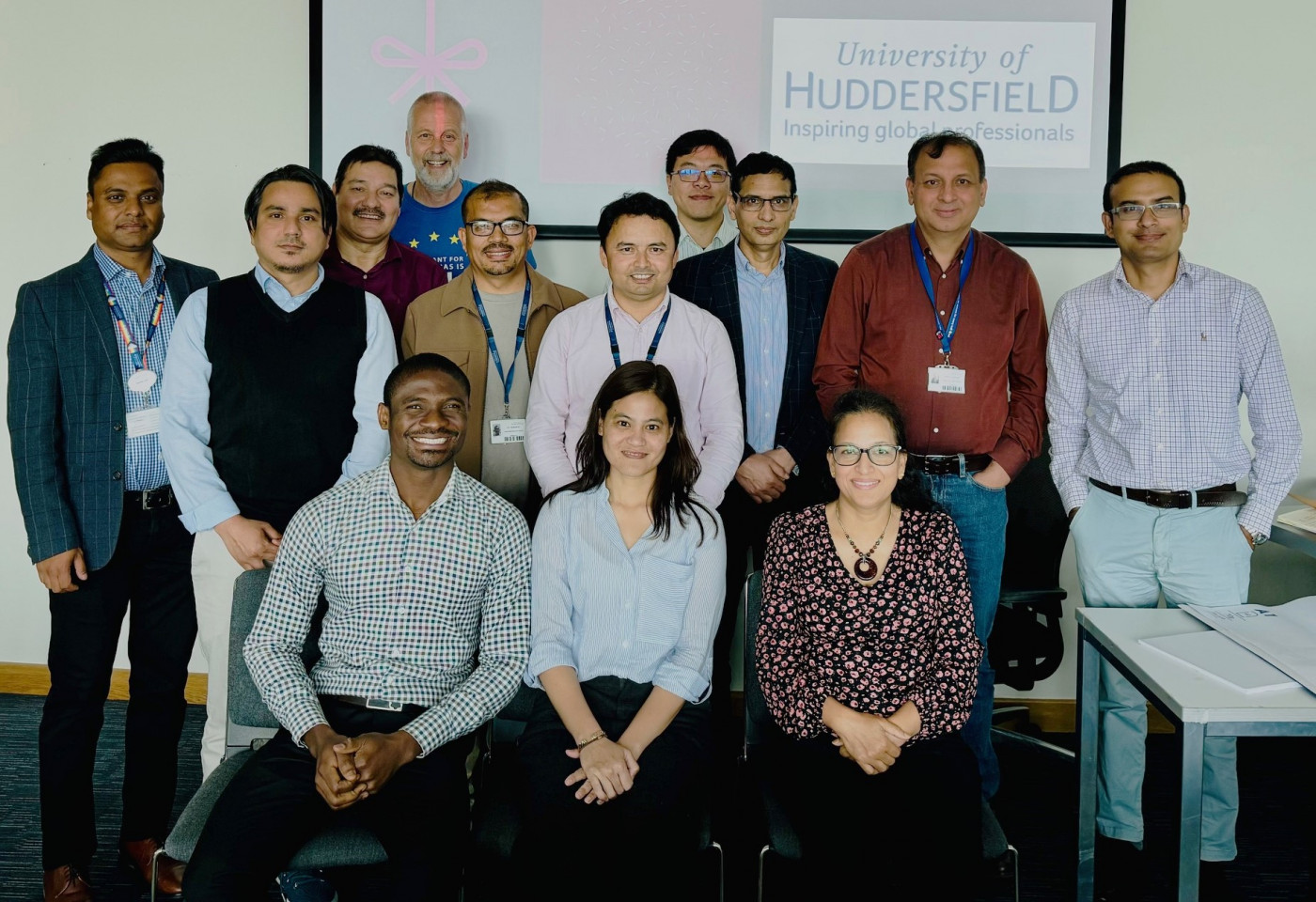




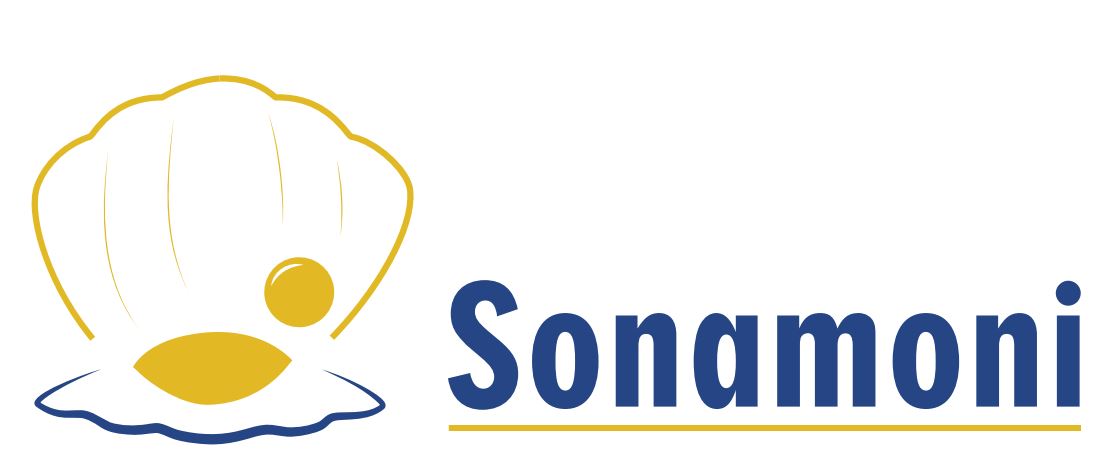




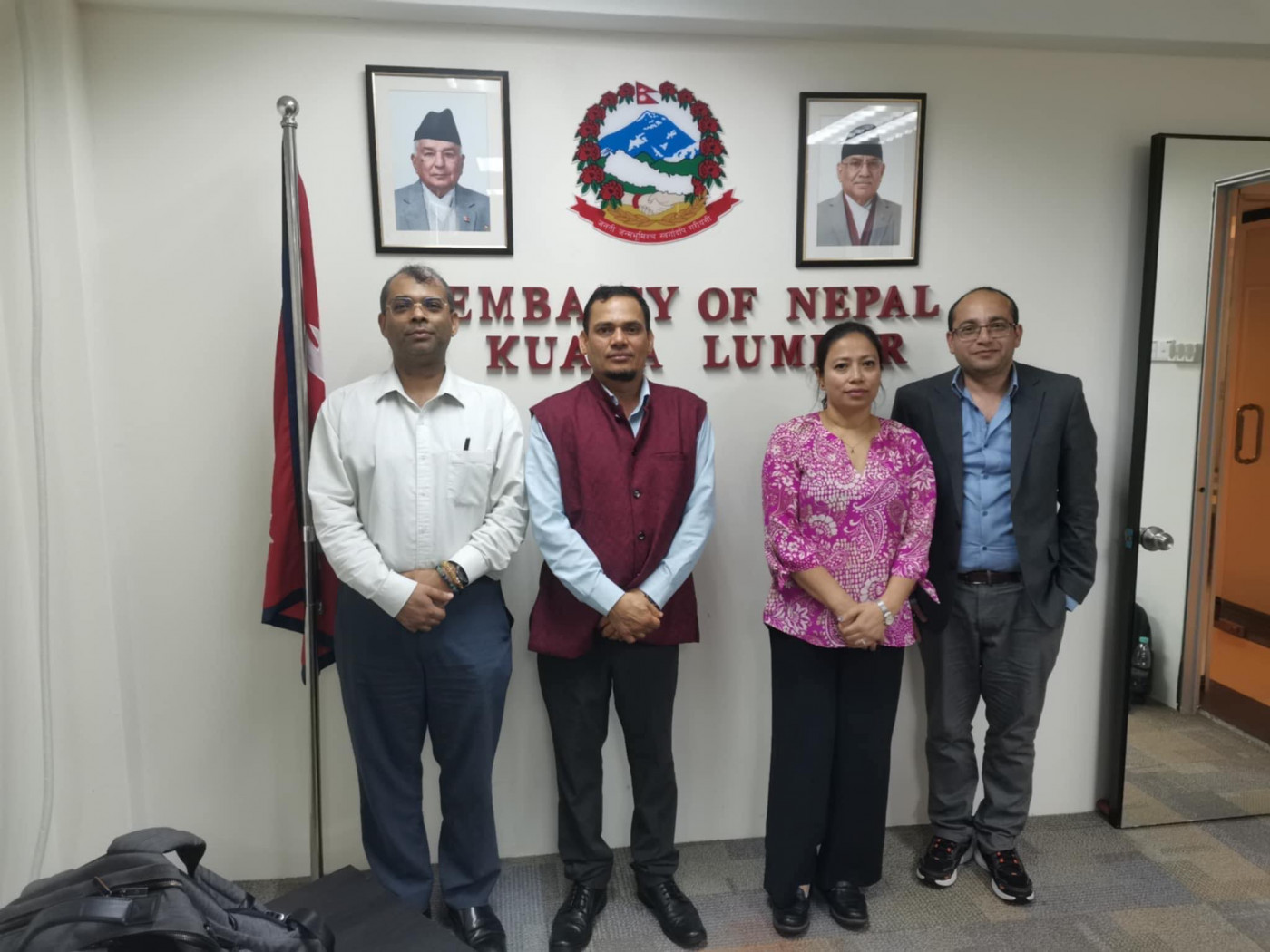
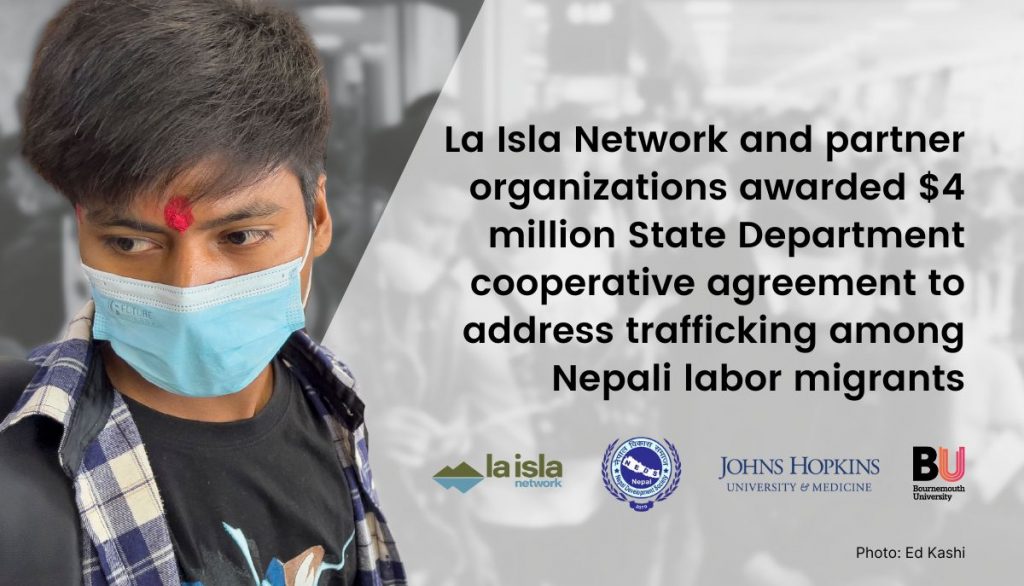
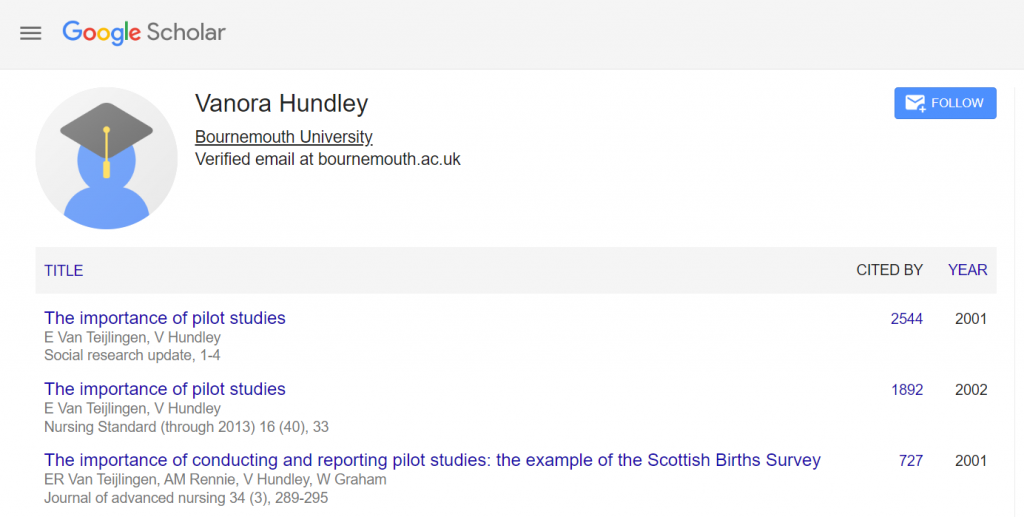
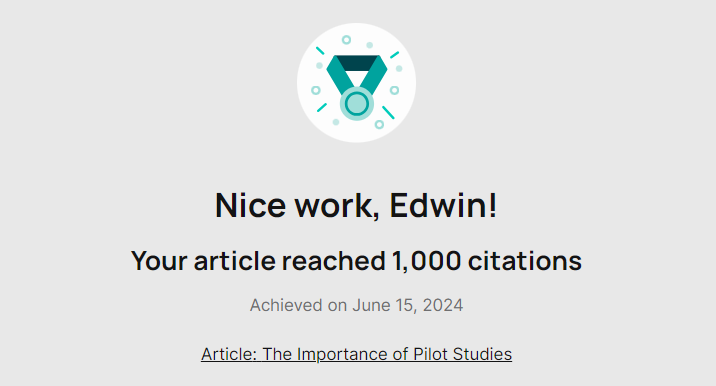

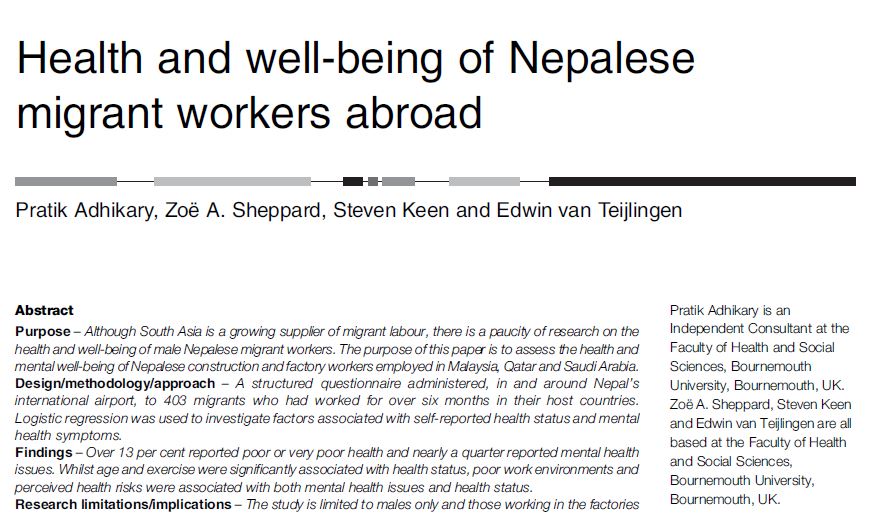
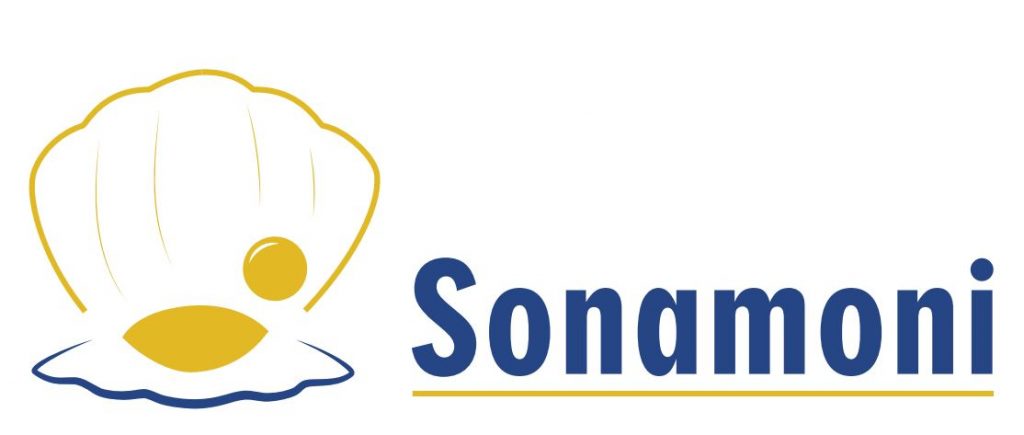
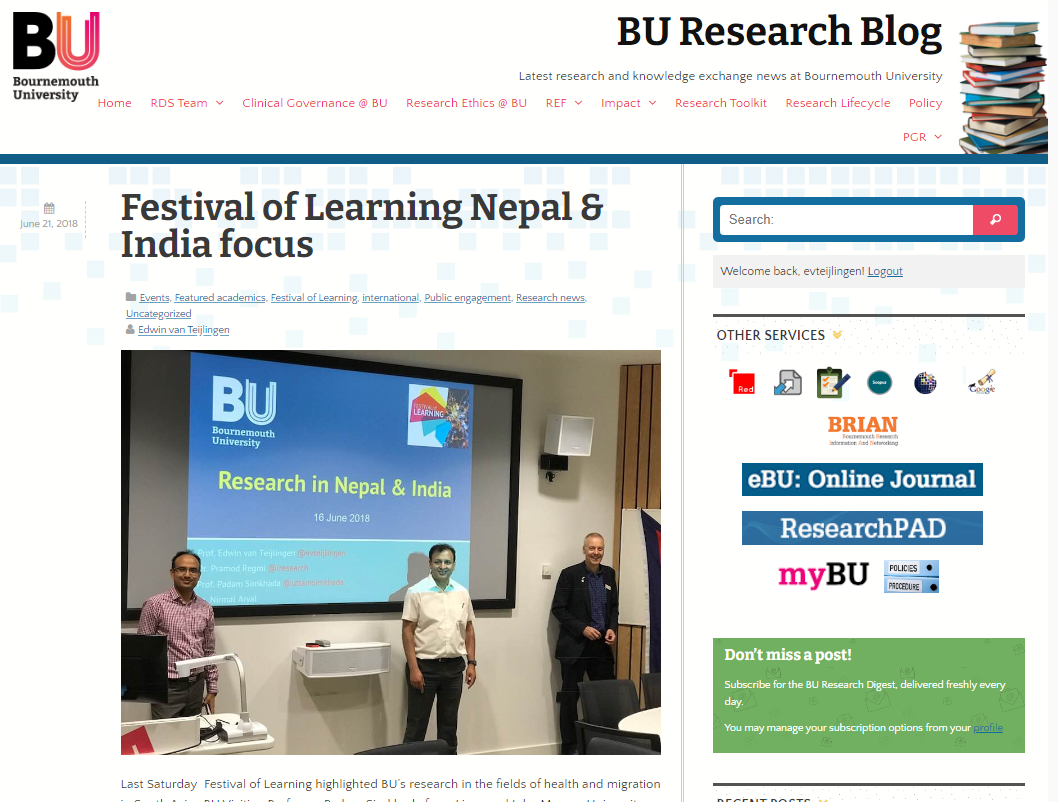
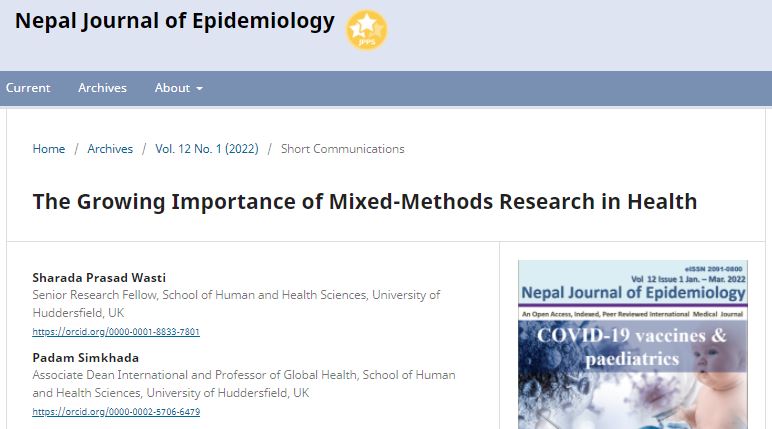
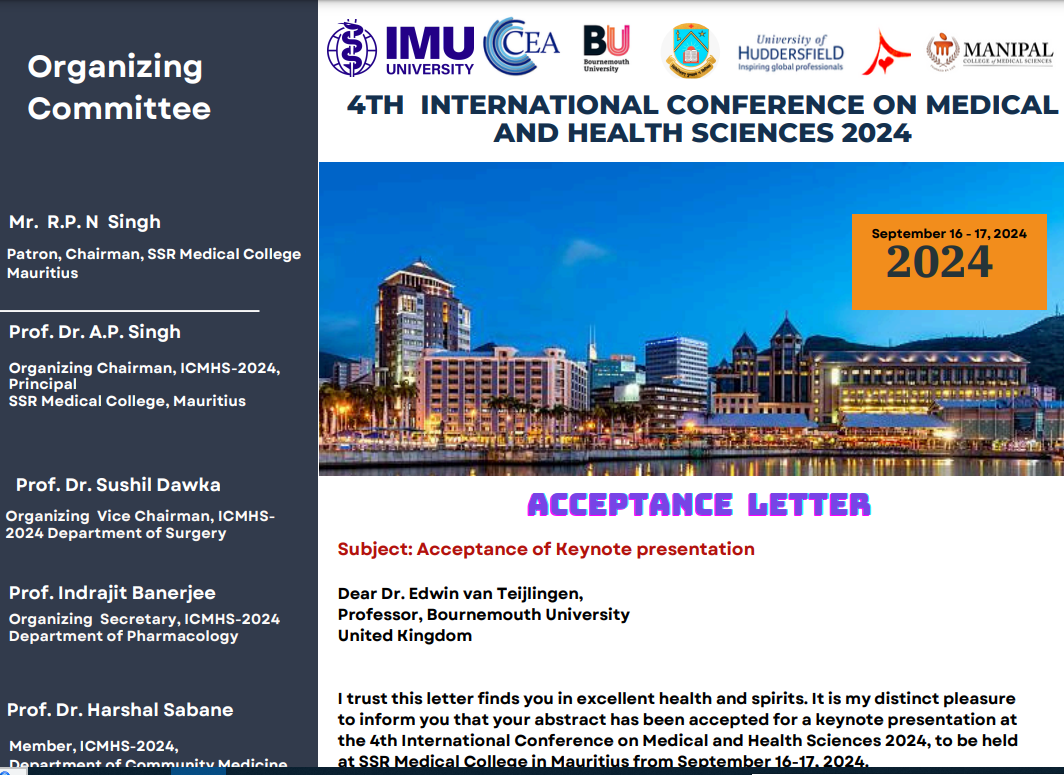
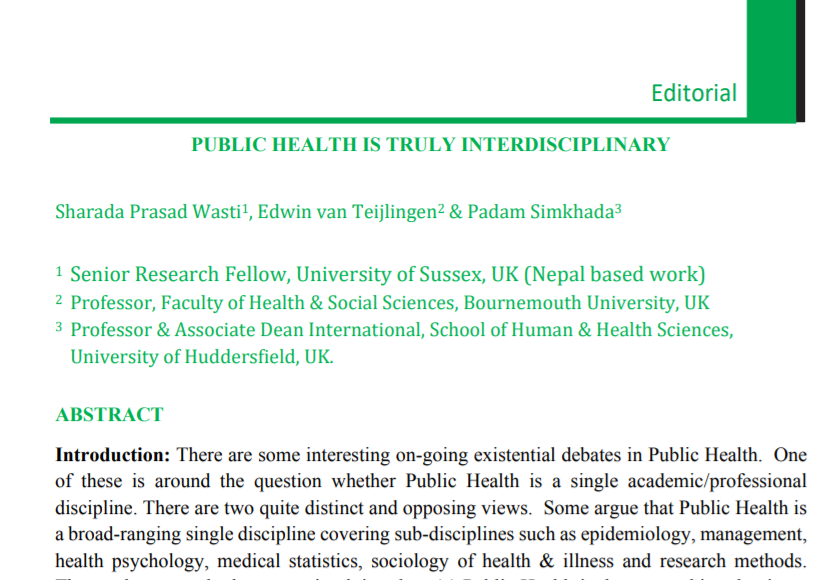


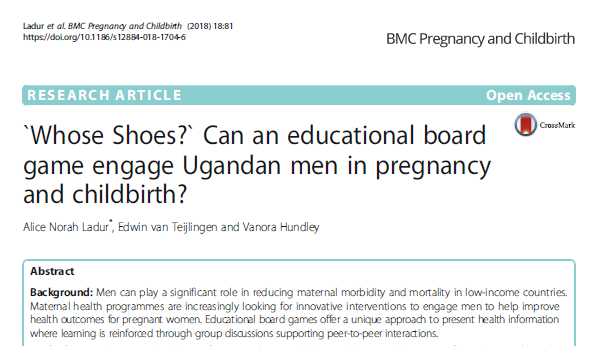


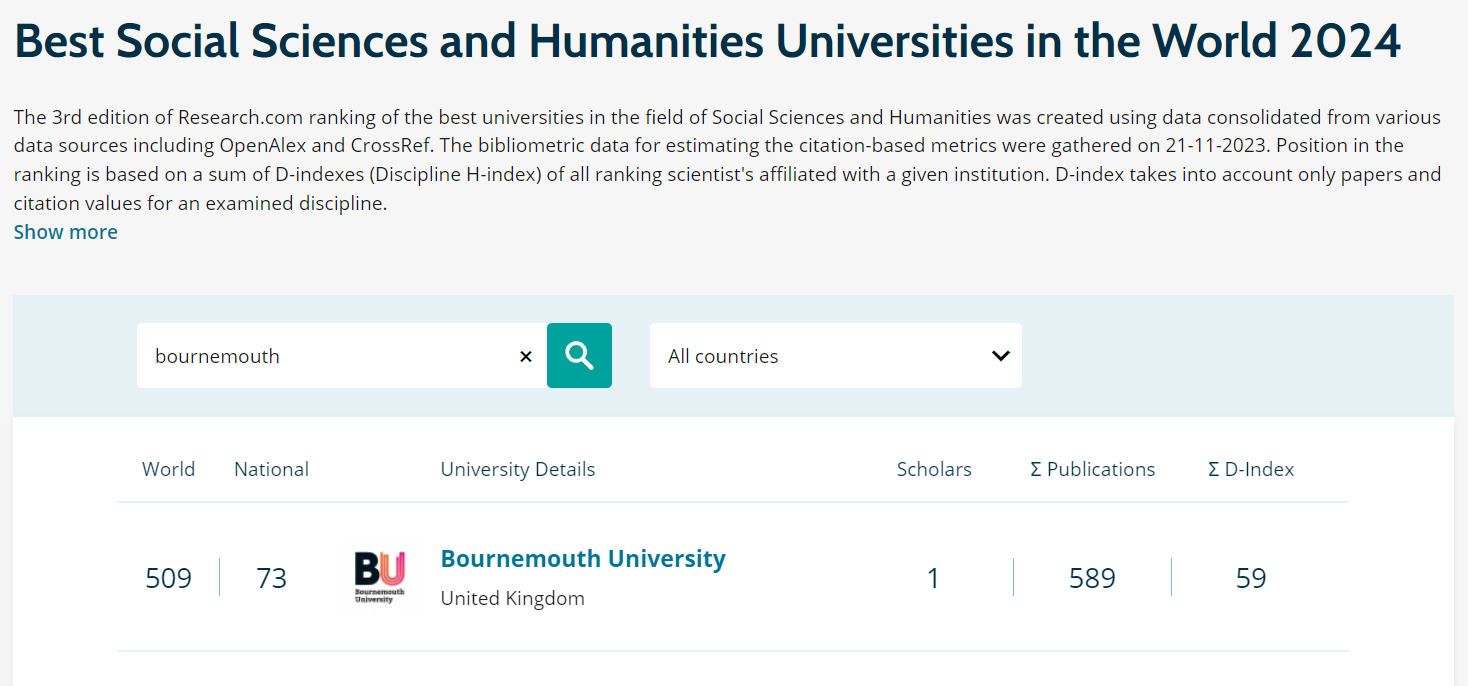
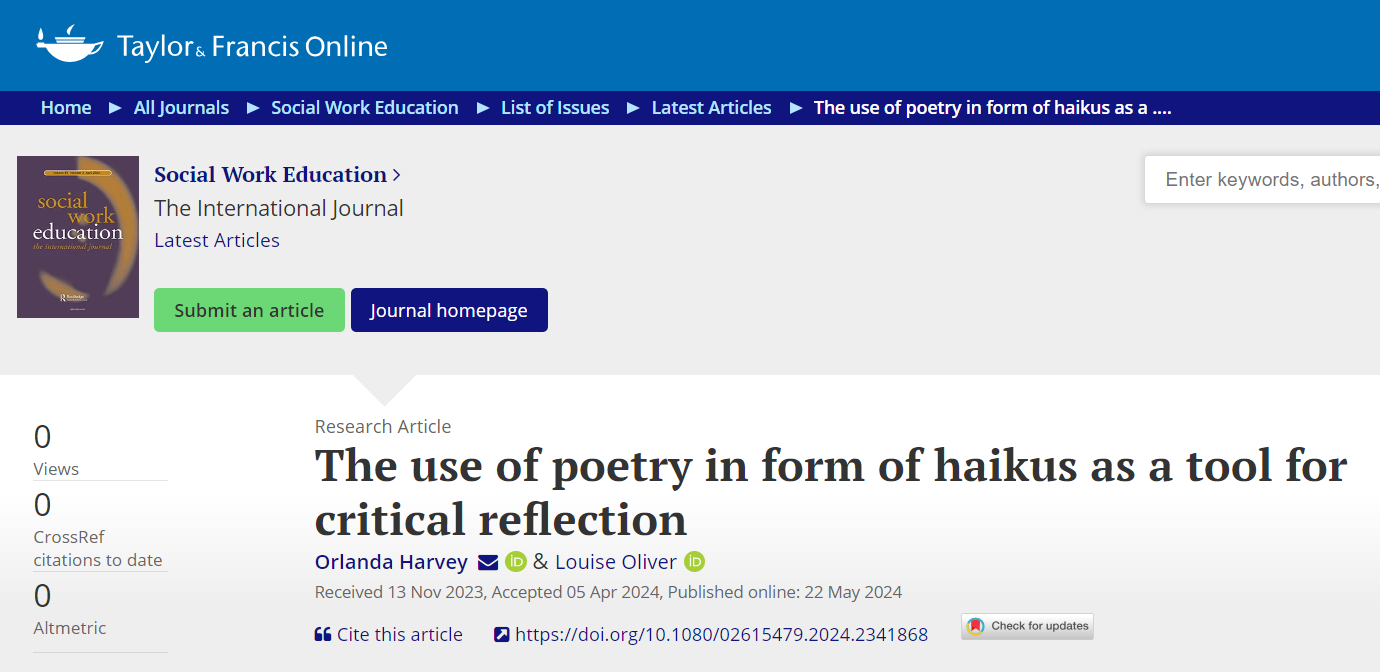


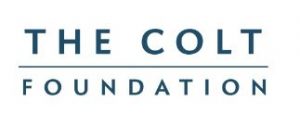
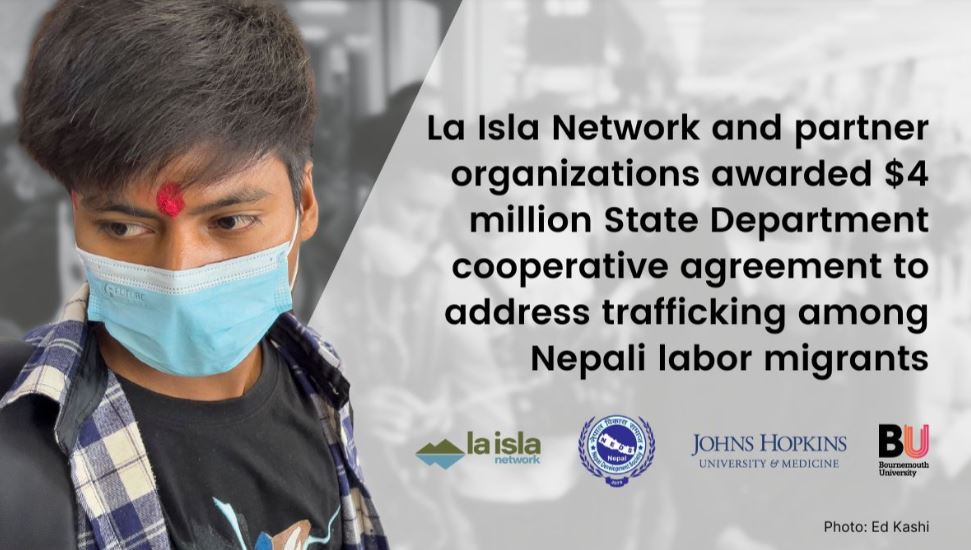












 Conversation article: Why so many people drown at the water’s edge
Conversation article: Why so many people drown at the water’s edge Workshop on longitudinal studies in three countries
Workshop on longitudinal studies in three countries New Bournemouth University public health paper
New Bournemouth University public health paper New ACORN-funded paper published. When time is short but passion for food is strong, food day-tripping may be the answer!
New ACORN-funded paper published. When time is short but passion for food is strong, food day-tripping may be the answer! Royal Society of Chemistry Outreach Fund: Open for Applications
Royal Society of Chemistry Outreach Fund: Open for Applications Last reminder – MSCA Postdoctoral Fellowships 2024 internal deadline next week
Last reminder – MSCA Postdoctoral Fellowships 2024 internal deadline next week Horizon Europe – EuroHPC and MSCA PF webinars
Horizon Europe – EuroHPC and MSCA PF webinars